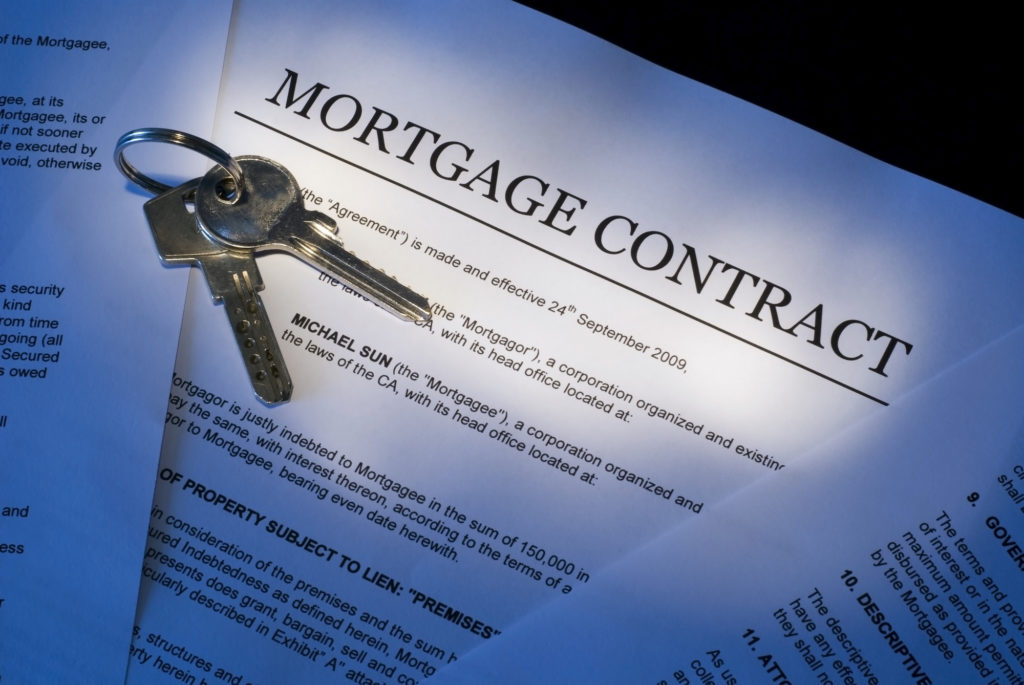
To buy a house in the United States, you need about $200,000.
If you’re anything like the vast majority of prospective home buyers, you don’t have this kind of money sitting around in a bank account. And even if you do, it’s unlikely that you want to spend it all on purchasing a house.
It’s certainly for this reason you’re thinking of getting home loan financing.
Taking out a mortgage is a big financial commitment, but it’s also a sound decision. Buying a home, in the long-term, is cheaper and better than renting.
Getting a home loan is more like taking out any other loan. You want to ensure you’re getting the best deal with a good mortgage rate.
In this article, we’re sharing a couple of tips you can use to secure the best home loan.
1. Don’t Start House Hunting Before the Mortgage
A mistake some ill-advised first-time homebuyers make is starting to house hunt before they get a mortgage pre-approval. Don’t make this mistake.
You see, there’s no guarantee that you’ll be approved for a mortgage. And if you’ll be approved, you don’t quite know how much the bank will be willing to lend you.
As such, if you start with house hunting, you might end up choosing a house that’s out of your financial range. You’ll only realize you can’t afford it after your lender has turned down your application.
Or, you could become too conservative, choosing a house that’s way below what you can comfortably afford.
When you want to find the best home loan, start by getting a mortgage pre-approval. This way, you’ll know the financial range of the houses you need to check out.
2. Check Your Credit
Your credit is a primary factor in your mortgage. It’ll influence the interest rate that’s changed on your loan or even cause your mortgage application to be denied.
Don’t kickstart the mortgage process before you’ve had a good look at your credit. Your credit information can save you a lot of time down the road.
For instance, when you know your credit score, it’s easy to determine whether you meet the credit requirements for a certain mortgage. For example, if a mortgage lender requires a borrower to have a credit score of at least 700 and you have 650, you shouldn’t bother to submit your application.
Instead, you can turn your focus to improving your credit so you can qualify for the loan. Good or excellent credit gets you the best loan terms, so it’s in your best interest to take credit-building steps before you approach a mortgage lender.
Some of the steps you can take to improve your credit score include:
- Paying off existing personal loans
- Maintaining a low credit utilization ratio
- Disputing credit report errors
- Don’t close credit cards that aren’t used.
Building your credit isn’t a quick process. It can take at least several months before you can see significant movement in your credit score. If your credit score is bad right now, this means you need to start building it at least a year before you go in for a mortgage application.
3. Your Income Matters
A mortgage is a long-term loan, with some lasting 30 years or more. Lenders want to know that you have the income to pay of the loan fully.
What’s your current income? How much do you have left after paying off your living expenses? As a rule of thumb, your mortgage payments shouldn’t gobble up more than 28 percent of your gross monthly income.
With this figure, you can use your current monthly income to determine how much monthly payments you can afford.
Here’s an illustration:
Let’s say you earn $7,000 a month.
28 percent of this is $1960.
Can you afford to make this payment after all other deductions?
If not, and you still want to get the best deal on a home loan, it’s best to find ways to increase your income. You can take up a second job or even start a small business.
That being said, your income shouldn’t be a problem if you’re in a high-earning occupation, such as medicine. If you’re a doctor, for instance, you can secure the best doctor home loans without any trouble. You just need to know where to find such specialized home loans.
4. Save Up a Big Deposit
It’s possible to get up to about 98 percent financing on a home, but this is only possible when you have excellent credit and impeccable income security.
If your credit score isn’t perfect and your income is low or patchy, you can still get the best deal on home financing. You just need to pay a big deposit.
Ordinarily, most lenders will require you to pay up anywhere from 2 to 20 percent of the home’s value as a mortgage down payment. If you can pay more, say 30 percent, you’ll enhance your chances of getting the best mortgage loan.
A bigger deposit reduces the lender’s risk exposure. They’ll be lending you less money, meaning they might be willing to offer you better terms, such as longer repayment period or lower interest rate.
5. Work with a Mortgage Broker
Here’s the one fact about the mortgage industry: it’s vast.
There are thousands of lenders, each offering unique terms on their home loans. On your own, it’s hardly possible to find the best deal on a home loan.
This is why it’s advisable to hire a mortgage broker. These professionals help borrowers like you find the best mortgages. They’re not affiliated or employed by any mortgage lender, so you can count on your broker to put your interests first.
You’ll pay out a fee to your mortgage broker, but it’s worth it. They’ll help you find a home loan that best suits your needs.
Get the Best Deal on Home Loan Financing
For many people, home loan financing is the key to owning a home. This, though, doesn’t mean you fall for any home loan that comes your way. With this guide, you’re now in a better position to find the best deal on a mortgage.
Keep reading our blog for more tips on mortgages and homeownership.





















Add Comment